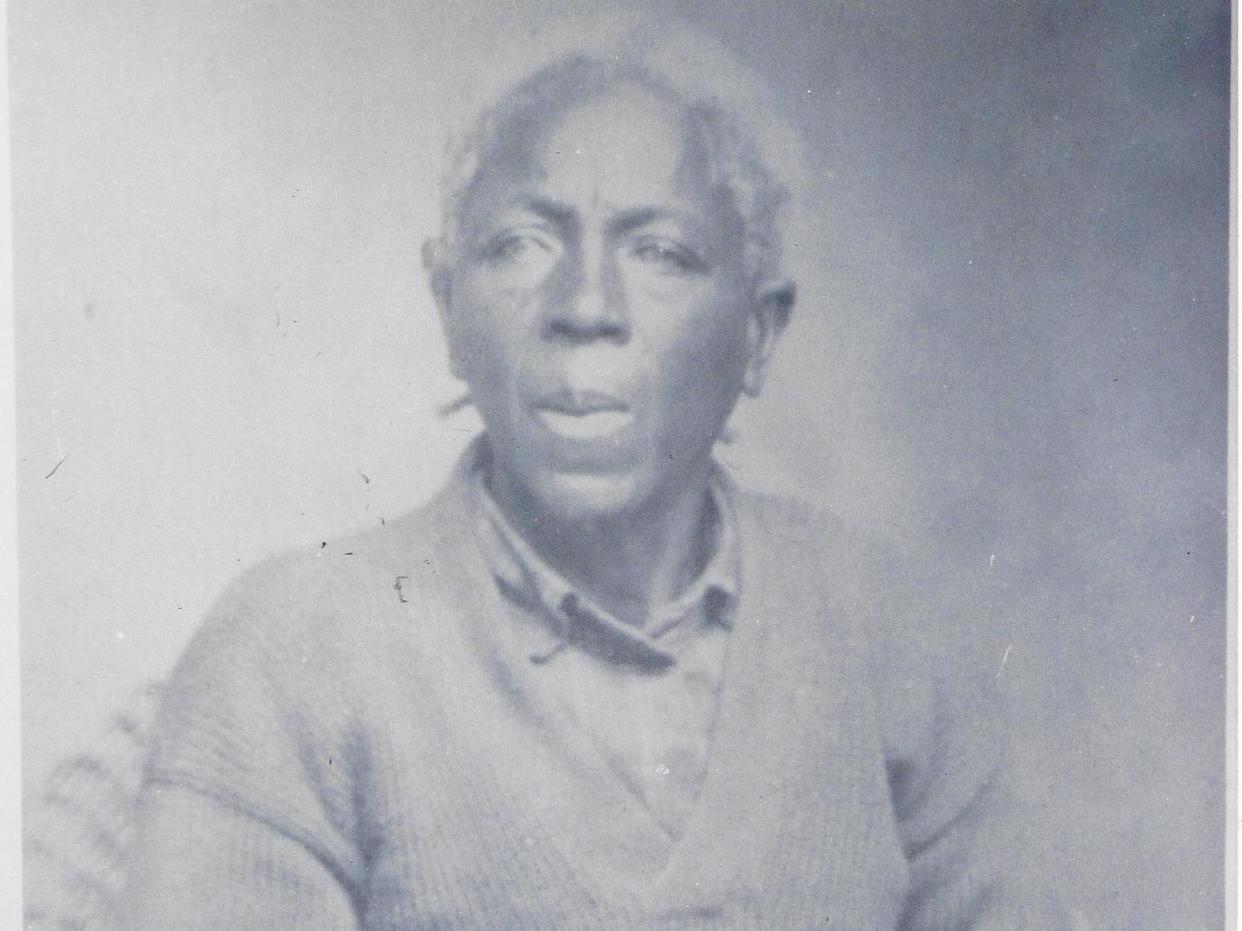Last known survivor of transatlantic slave trade discovered thanks to new historic research

A woman called Matilda McCrear has been identified as the last known survivor of the transatlantic slave trade.
Dr Hannah Durkin of Newcastle University discovered Matilda to be the latest survivor of the Clotilda, the last slave ship to arrive in the US in 1860.
Ms McCrear died in 1940, aged either 81 or 82, three years after Sally ‘Redoshi’ Smith, who was previously understood to be the last survivor of the slave ship.
Her 83-year-old grandson, Johnny Crear, had no idea about his grandmother’s history until it was discovered by Dr Durkin.
“Her story gives me mixed emotions because if she hadn’t been brought here, I wouldn’t be here. But it’s hard to read about what she experienced,” he told Newcastle University.
Matilda was captured by slave traders in West Africa when she was just two years old, and was transported to the US with her mother Gracie, her three elder sisters and the man who would go on to be her stepfather.
She was sold to a wealthy plantation owner named Memorable Walker Creagh and split up from her two elder sisters who were sold on to different owners.
The abolition of slavery in 1865 brought her emancipation, but her fight against injustice was far from over.
“Matilda’s story is particularly remarkable because she resisted what was expected of a black woman in the US South in the years after emancipation,” said Dr Durkin.
“She didn’t get married. Instead, she had a decades-long common-law marriage with a white German-born man, with whom she had 14 children.
“Even though she left West Africa when she was a toddler, she appears throughout her life to have worn her hair in a traditional Yoruba style, a style presumably taught to her by her mother. She also changed her surname from Creagh — her former enslaver’s spelling — to McCrear.”
Mr Crear explained how Matilda having changed her name had meant much of her life had remained a mystery to him.
“My wife was researching our family history and we could only get so far,” he explained. “The name Creagh would come up but as ours is spelled Crear, we didn’t make that connection. We didn’t know it had been changed.”
Later in her life, Matilda travelled to the County Courthouse in Selma to make a claim for compensation for her time spent in slavery. Sadly her claim was dismissed.
“The story of Matilda and her family highlights the horrors of slavery, the abuses of the US South’s sharecropping system, the injustices of segregation and the suffering of black farmers during the Great Depression, Dr Durkin said.
“From the day the first African was brought to this continent as a slave, we’ve had to fight for freedom,” Mr Crear told the BBC.
In the 1960s, Mr Crear witnessed violence against civil rights marchers in Selma, where protesters had been addressed by Dr Martin Luther King, the report said.
“It’s refreshing to know she had the kind of spirit that’s uplifting,” he said.
Read more
How the Americas continued slave trade after European abolition
Slavery is not a crime in almost half of the world – here’s why
Surge in suspected modern slavery victims facing Home Office delays
How a growing number of US colleges are paying ‘reparations’

